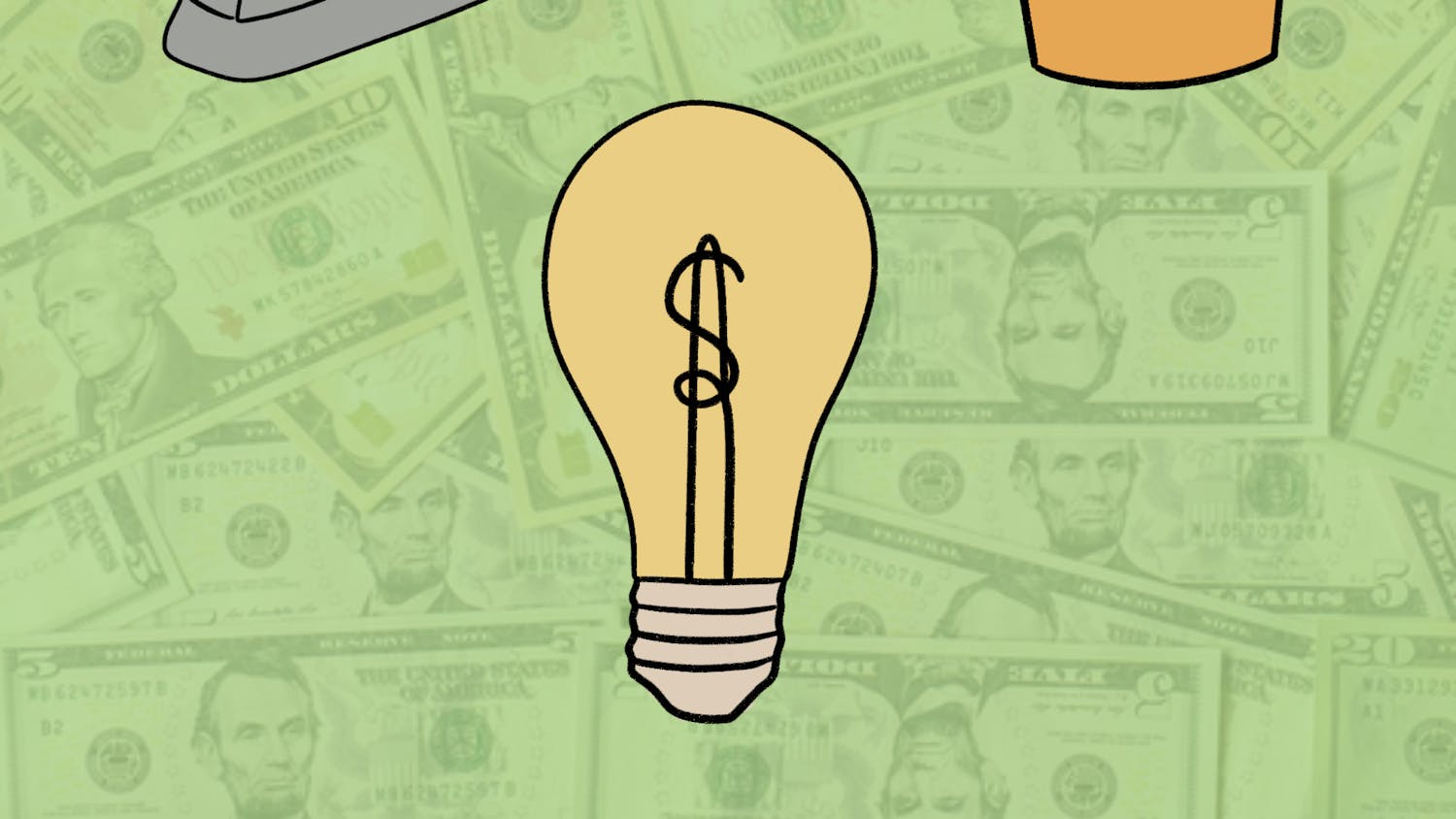Bonnaroo, Lollapalooza, Glastonbury, Coachella: The names sound like exotic, tribal get-togethers deep in a rainforest and, frankly, that description is not far off.
The concept of a music festival is by no means new (e.g., Woodstock), but the impressive abundance and unrelenting frequency of the music festival has certainly spiked in recent years.
But what does the future hold for this medium of musical enjoyment?
As easy as it is to romanticize Woodstock and say “Oh, if only I were alive to attend!” I’d like to take a more pragmatic approach in my assessment of that summer of ’69.
Were those hippies aware they were on the front lines of a cultural phenomenon? Or were they just a bunch of smelly kids sleeping in tents, sitting in mud and wishing to go home?
For years, I have been skeptical of the ever-growing music-festival craze. I watch YouTube videos of crowds that look less like concert-goers and more like infinite seas of bouncing and head-bobbing mannequins.
Can anyone even see the stage? How can you even hear the music? Standing for hours on end, sweating profusely and finding myself shoulder-to-shoulder with equally sweaty strangers are three things I put considerable effort into avoiding, but what is it these people know that I do not? Why put myself in a potentially fatal mosh pit to see several artists when I can pay to see the one I want in a much more civilized setting?
The answer is hard to explain.
It wasn’t until summer that I experienced an appreciation for these massive get-togethers of audiophiles.
While in New York City, I attended the Governors Ball Music Festival to see one of my favorite artists: The Strokes. With Strokes shows being the musical equivalent of Halley’s Comet, I had to jump on this opportunity — regardless of the venue.
Our world is changing. Attending a concert, contrary to what I have always imagined, doesn’t involve dressing up and taking a carriage to the Apollo Theatre.
While that might’ve been true in 1920s London, the modern man must settle for dressing down to flip-flops and taking an Uber to a field.
From the way I am describing it, attending a music festival probably sounds like nothing but social sacrifices and comfort compromises. But, as Nietzsche said, “to live is to suffer, but to survive is to find some meaning in the suffering.”
Once that wristband is secured way too tightly around your wrist, you are no longer yourself, but instead just “part of the crowd.”
There is something oddly comforting about being a part of a population all gathered together for a shared love of certain noises.
Big and small, young and old: The multicolored crowd sluggishly sways back and forth like a massive organism.
We’re all sweaty, and if it weren’t for our favorite sounds entering our ears, we’d only be thinking about the aches in our lower backs.
But, the collective plight is overcome — which is something quite incredible — and an overwhelming love for life within the moment washes over the crowd, which is something that can’t be experienced while sitting comfortably in a velvet theater seat.
This festival fad will eventually dissolve as gradually as it began, but I am not worried. Humans are social creatures and will always be looking for new and creative ways to experience certain parts of life’s enjoyment together.
Regardless of what trend or medium of entertainment is next, the overall purpose will never change: to gather over a collective love for something, which I believe we need to do more often.
Andrew Hall is a UF business administration junior. His column appears on Fridays.





